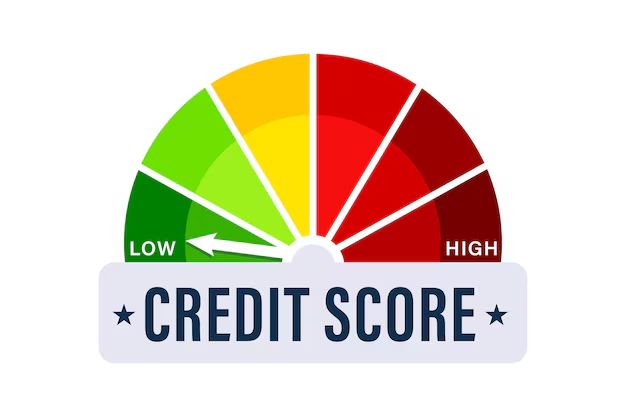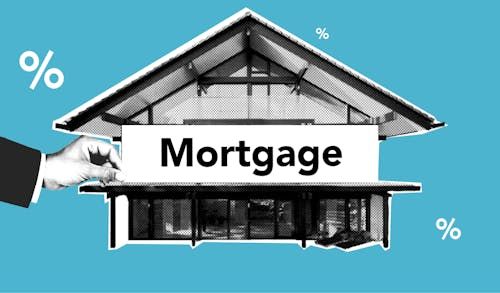The excitement of buying your first home can quickly be overshadowed by confusion when it comes to real estate financing. With a mountain of paperwork, various loan options, and budget considerations, making mistakes is easy.
However, by avoiding common financing pitfalls and being well-prepared, you can navigate the process with confidence. Let’s explore the most common home buyer financing mistakes and how to avoid them.
Not Understanding Your True Budget

The first mistake many home buyers make is jumping into the market without a clear understanding of their budget. It's easy to get swept up in the hunt for the perfect home, but before you start viewing properties, take a hard look at your finances. Consider not just the mortgage but also hidden costs like property taxes, insurance, and maintenance.
Ideally, your monthly housing costs should be no more than 30% of your gross monthly income. Setting a realistic budget ensures you’re looking at homes you can actually afford, preventing future financial strain.
Focusing on One Loan Type

Many buyers assume that a traditional fixed-rate mortgage is their only option. In reality, there are various loan programs available, such as variable-rate mortgages and long-term mortgage options, which may be a better fit depending on your financial situation.
It's important to research all available loan options, including those from SACCOs and banks, and consult with a mortgage advisor to choose the best financing solution for your needs.
Failing to Shop Around for the Best Rates

One of the most common mistakes in home financing is accepting the first mortgage offer that comes your way. Interest rates can vary significantly between lenders, and even a small difference in the rate can save you thousands of dollars over the life of your loan.
It’s crucial to shop around and compare mortgage offers from different banks, credit unions, and brokers to secure the most favorable terms.
Ignoring Your Credit Score

Your credit score is one of the most important factors lenders use to determine your mortgage loan terms. A lower credit score often results in higher interest rates, making your mortgage more expensive over time.
Before applying for a loan, check your credit score and address any issues, such as clearing outstanding debts or improving your credit history. A healthy credit score can help you secure more favorable loan terms.
Skipping the Pre-Approval Process

Many home buyers overlook the importance of securing a mortgage pre-approval. This step not only gives you a clear idea of what you can afford but also shows sellers that you are a serious and reliable buyer.
Pre-approval can give you an edge in competitive real estate markets, helping you close the deal faster once you find the right property.
Underestimating Closing Costs

Finally, don’t forget about closing costs, which typically range from 2-5% of the home’s purchase price. These fees include things like inspections, title insurance, and appraisal costs.
Failing to budget for these expenses can lead to unexpected financial strain just before you close the deal. Understanding these costs up front helps avoid any surprises at closing.



